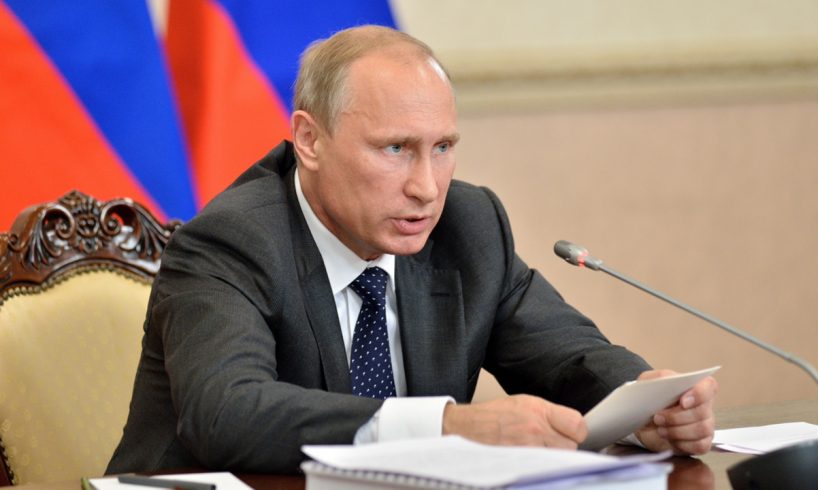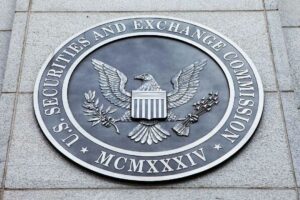
President Vladimir Putin has approved amendments to his own decree requiring Russian citizens running for office to declare their property abroad. The updated regulation lists cryptocurrencies among the assets that candidates should report to the state.
President Putin Requires Russian Officials to Reveal Crypto Asset Purchases in Foreign Countries
Candidates for government offices in Russia are now expected to provide authorities with details about the crypto funds they have acquired in other jurisdictions. A decree recently signed by Vladimir Putin adds the requirement to an earlier presidential decree on the verification of filed statements on property and property-related liabilities of Russian officials abroad.
The amendments, which entered into force immediately after the signing of the new decree on May 9, concern not only those who run in elections on the federal and regional level but also their close relatives. From now on, their families will have to account for all of their crypto investments as well.
The new provisions refer to any spending for the purchase of digital financial assets, a term encompassing cryptocurrencies under current Russian law, and digital currency. The latter definition will be introduced with a new law drafted by the Ministry of Finance.
The respective Russian authorities will verify the submitted information. To do that, they will demand documents indicating the value of the purchased crypto assets. Affected Russian citizens and their relatives will have to also share the details of each transaction, including the date and other identifiers.
Officials in Moscow have been working to comprehensively regulate the country’s crypto space as many aspects remained outside the scope of the law “On Digital Financial Assets” which went into force in January, 2021. These include the legal status of cryptocurrencies like bitcoin and related activities such as trading and mining.
In late March, the Russian parliament adopted a bill obliging persons running for office to present information about their digital asset holdings inside Russia. The legislation amends various acts and concerns presidential and parliamentary candidates as well as other government officials. Putin singed it into law in April.
The latest presidential decree targets candidates in elections for state and municipal authorities. It also covers representatives of political parties who have been nominated for the highest posts in any of the constituent entities of the Russian Federation, according to an announcement published by Russia’s portal for legal information.
Tags in this story
candidates, Coins, Crypto, crypto assets, Crypto Purchases, Cryptocurrencies, Cryptocurrency, declarations, Decree, Digital Assets, Digital Currency, Disclosure, Elections, obligation, President, Putin, Russia, russian, Tokens, Vladimir Putin
What do you think about Putin’s decision to oblige election candidates in Russia to disclose their crypto purchases abroad? Tell us in the comments section below.
Lubomir Tassev
Image Credits: Shutterstock, Pixabay, Wiki Commons
Disclaimer: This article is for informational purposes only. It is not a direct offer or solicitation of an offer to buy or sell, or a recommendation or endorsement of any products, services, or companies. Bitcoin.com does not provide investment, tax, legal, or accounting advice. Neither the company nor the author is responsible, directly or indirectly, for any damage or loss caused or alleged to be caused by or in connection with the use of or reliance on any content, goods or services mentioned in this article.
More Popular NewsIn Case You Missed It
















